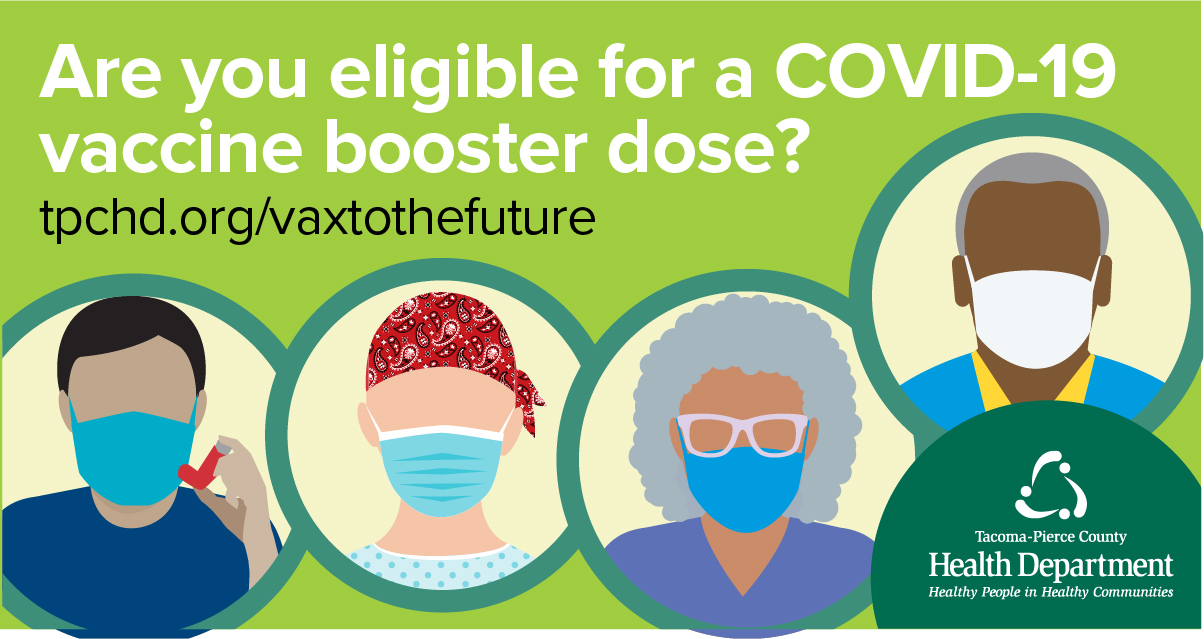MultiCare Health System is making a $5 million investment in an affordable-housing project in Tacoma’s Hilltop neighborhood through Forterra’s Strong Communities Fund II, which partners with communities to lower the cost of home ownership.
The project will have four buildings with 300 homes and approximately 25,000 square feet of commercial space. Half of the housing will be attainably priced for local residents, officials said. Construction is expected to start in 2023.
If families and individuals have to spend a large part of their income on housing because of its relative unaffordability, that could prevent them from paying for healthcare or healthy food, causing adverse effects on a person’s physical and mental health. “This attainable housing project is a huge step forward for community health,†said MultiCare president Bill Robertson.
The Hilltop community of Tacoma has been the center of Black culture in the South Sound for generations, and the neighborhood is experiencing rapid gentrification that threatens to displace longtime residents and businesses, according to supporters of the project. Housing prices in Tacoma are among the fastest-rising in the nation, as magnified by housing that has become unaffordable to Hilltop residents.
In 2019, Hilltop community leaders reached out to Forterra to help secure land that was vacant for many years. Forterra bought the property at the corner of Martin Luther King Jr. Way and South 11th Street.
For the past two years, Forterra has worked with community leaders on the project that includes space for locally-owned businesses in a development that will incorporate Hilltop culture and art.
MultiCare’s investment and “holistic perspective of wellness leads back to healthy, affordable homes that resist displacement of a long-standing community.†said Forterra president Michelle Conner.

